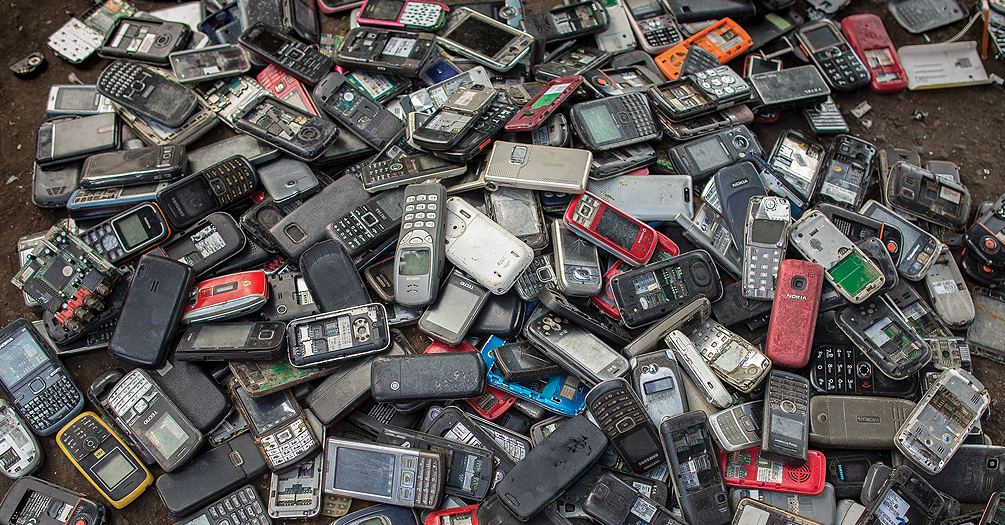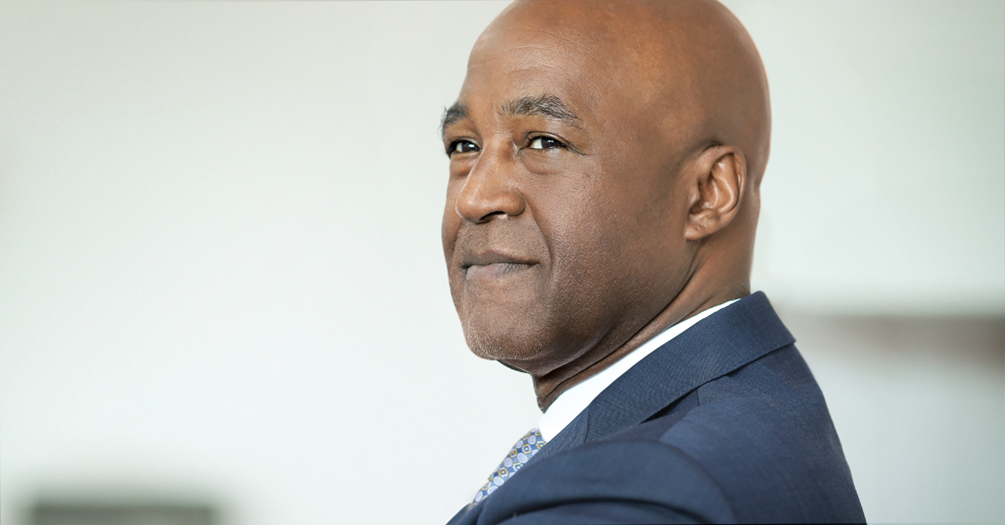
Alumni Spotlight: Leading on a global stage
From Michigan to Brussels: Jasmina Cunmulaj’s inspiring public health journey
Ever since her time at the University of Michigan School of Public Health, Jasmina Cunmulaj, MPH ’22, envisioned being able to influence policy decisions and promote better global public health practices at an impactful level. Now, as the strategic partnerships and leadership manager at the European Public Health Alliance (EPHA), she is positioned to make those dreams a reality.





